In hybrid vehicles, "EV" stands for Electric Vehicle and refers to the ability of a vehicle to use only electricity without consuming any gasoline. Specifically, electric mode allows the vehicle to run entirely on electricity, making it ideal for short trips or city driving.
In this article, we'll explain how electric mode in a hybrid car works, describe the benefits of using electric technology, and discuss when and how to best utilize electric mode to maximize efficiency.
What Is a Hybrid Car?
A hybrid car is a type of vehicle that uses both an internal combustion engine and one or more electric motors to power it. This setup helps the car use less gasoline and produce fewer emissions than traditional cars. Hybrid cars are designed to switch between using gasoline and electric power or using both at the same time, depending on what’s most efficient at the moment.
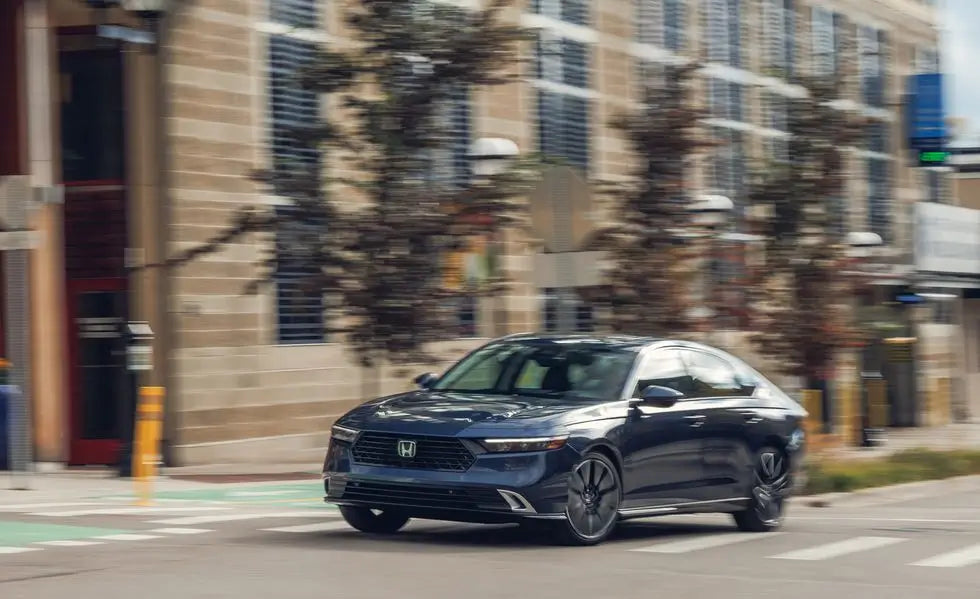
They are particularly good for city driving where you often have to stop and start because they can recover and reuse energy typically lost during braking. Hybrids come in different types, including those that can be plugged in to charge their batteries and others that just recharge by running the engine or through braking. This makes them a flexible choice for people looking to reduce their fuel use and environmental impact without going fully electric.
For more insights on the benefits of electric vehicles, read our article on Why Are Electric Cars Better Than Gas Cars?
What Does EV Mode Mean in a Hybrid Car?
In hybrid vehicles, EV mode refers to a mode in which the vehicle is powered entirely by electricity and does not use gasoline. Many hybrid models have this mode, especially full hybrids and plug-in hybrids, where the electric motor can power the vehicle alone at low speeds or for limited distances.
In hybrid cars, EV mode allows the vehicle to operate using only its electric motor, powered by battery, without using the gasoline engine. This mode is activated automatically or manually when conditions are optimal—typically during low-speed driving or in city traffic to conserve fuel and reduce emissions.
The car runs quietly on electric power until the battery level drops to a certain point, at which point the gasoline engine turns back on. The battery recharges itself through regenerative braking, where energy from braking is converted to electrical energy and stored back in the battery. This mode is especially useful for short trips and helps reduce environmental impact by minimizing fuel use and emissions during such drives.
What Are the Benefits of EV Technology in Hybrid Cars?
Electric Vehicle (EV) technology in hybrid cars offers several substantial benefits that make them an appealing choice for consumers looking to reduce environmental impact and improve efficiency. Here are the key advantages:
-
Reduced Emissions: By utilizing electric power, hybrid cars emit significantly fewer pollutants compared to conventional gasoline-powered vehicles. When operating in EV mode, these vehicles produce zero tailpipe emissions, which is particularly beneficial for improving air quality in urban environments.
-
Increased Fuel Efficiency: Hybrids with EV technology can switch to electric mode during lower-speed city driving or in stop-and-go traffic, which conserves gasoline and increases overall fuel economy. This can lead to considerable savings on fuel costs over time.
-
Quieter Operation: Electric motors are much quieter than internal combustion engines. When a hybrid car is running in EV mode, it reduces noise pollution, which is especially advantageous in crowded city streets and residential areas.
-
Enhanced Performance: Electric motors provide instant torque, which can improve the vehicle’s acceleration and responsiveness. This makes hybrids not only efficient but also enjoyable to drive.
-
Lower Operating Costs: Generally, electric motors require less maintenance than gasoline engines because they have fewer moving parts. This can lead to lower overall maintenance costs for the owner.
-
Energy Regeneration: Through regenerative braking, hybrids recover energy that would otherwise be lost during braking. This energy is then used to recharge the battery, enhancing the efficiency of the vehicle’s energy use.
-
Incentives and Rebates: Owners of hybrid vehicles often qualify for various government incentives, rebates, and tax breaks, making them more affordable to purchase and operate.
These benefits make hybrid cars with EV technology not only a more environmentally friendly choice but also a cost-effective and enjoyable option for daily driving.
When to Use EV Mode?
-
Heavy Traffic: Utilize EV mode during stop-and-go traffic to reduce gasoline consumption and emissions.
-
Short Commutes: For daily drives within the electric range, switch to EV mode to avoid using gasoline entirely.
-
Low-Speed Areas: In zones with low-speed limits like school districts or residential areas, EV mode is effective for quiet and efficient driving.
-
Cold Starts: Activate EV mode at the start of your journey to cut emissions from cold engine starts.
-
Post-Charging: For plug-in hybrids, use EV mode right after charging to make the most of the electric power before the gasoline engine kicks in.
Using EV mode strategically in these conditions helps optimize the hybrid system, enhancing fuel efficiency and reducing environmental impact.
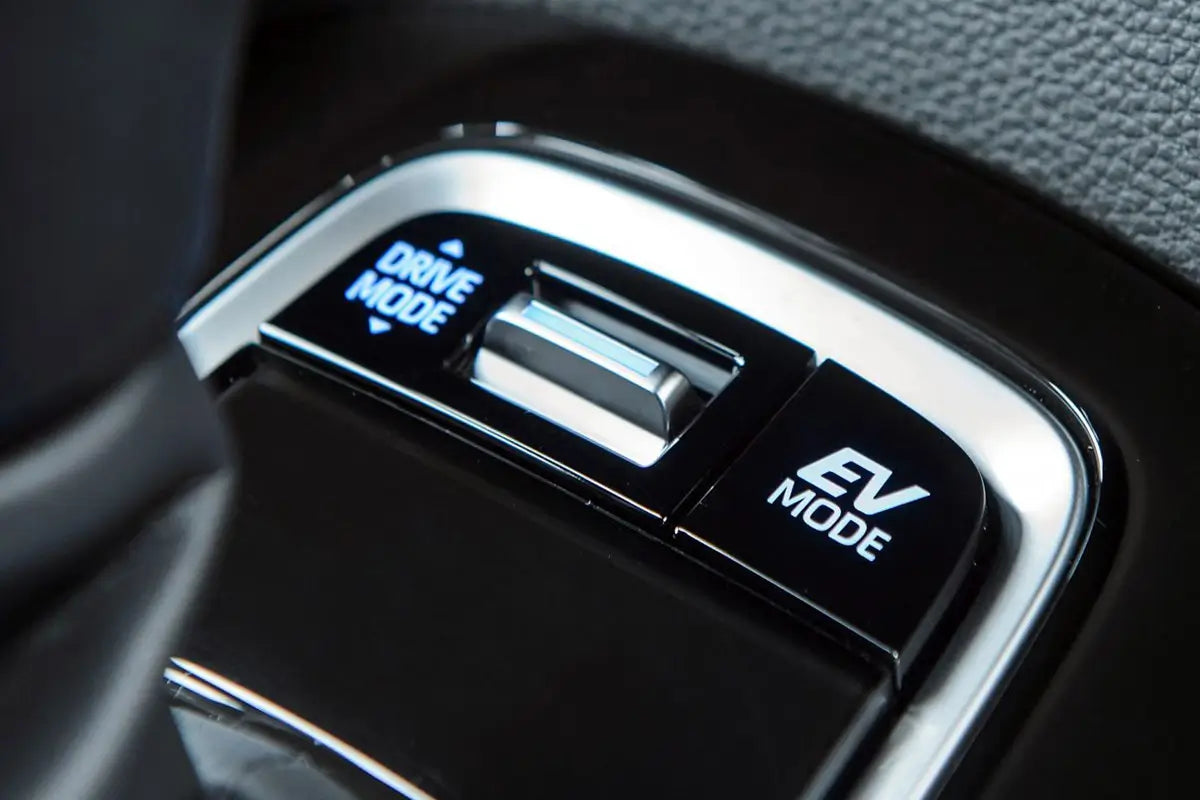
What Should You Consider When Buying a Hybrid Car with EV Capabilities?
When considering purchasing a hybrid car with EV capabilities, focus on these key factors:
-
Battery Range: Evaluate how far the car can travel on electric power alone, especially if you plan frequent short trips.
-
Charging Infrastructure: Check the availability of charging stations or the possibility of installing one at home.
-
Cost and Incentives: Consider the upfront cost and look for government rebates or tax incentives that can reduce the overall expense.
-
Performance: Ensure the car’s performance meets your needs in terms of acceleration, handling, and the smoothness of the transition between electric and gasoline power.
-
Maintenance: Understand the maintenance needs of the hybrid system, particularly the battery, and check the warranty coverage.
-
Resale Value: Research the model’s resale value as some hybrids hold their value better due to their technology and efficiency.
By carefully weighing these factors, you can select a hybrid with EV capabilities that aligns with your environmental goals, driving habits, and financial plans.
Conclusion
Hybrid cars with EV technology are a major advancement towards more sustainable and efficient personal transportation. By learning how EV mode works and its advantages, you can decide if a hybrid car suits your lifestyle and driving needs.
As car technology evolves, the use of electric power in hybrids is expected to grow, giving drivers more chances to reduce their environmental impact and enjoy better vehicle performance.
Upgrade your hybrid car with Autel's high-quality EV accessories, including our efficient EV home chargers. These products are designed to maximize your vehicle’s performance, extend its range, and reduce environmental impact, all while providing the convenience of home charging.
Explore our selection at Autel's store today and discover how easy and rewarding it is to enhance your driving experience. Invest in the future of driving with Autel—shop now and take the first step towards a smarter, cleaner, and more economical journey!

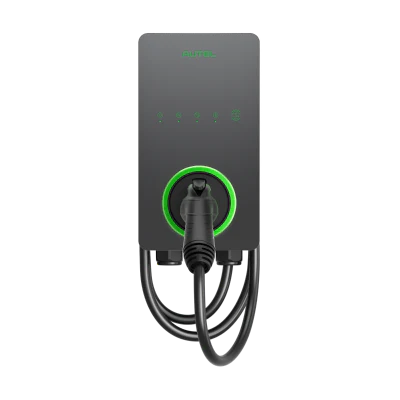
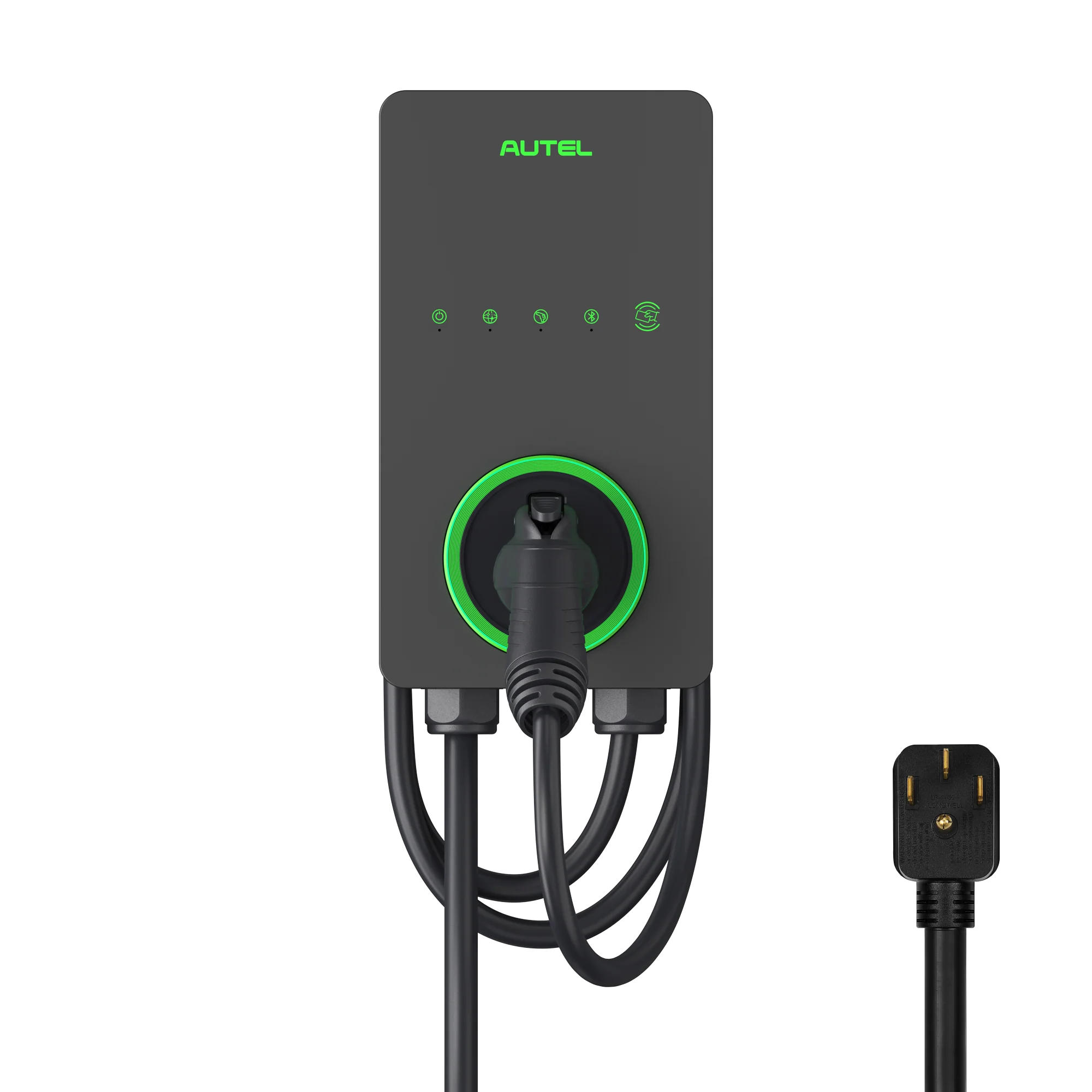
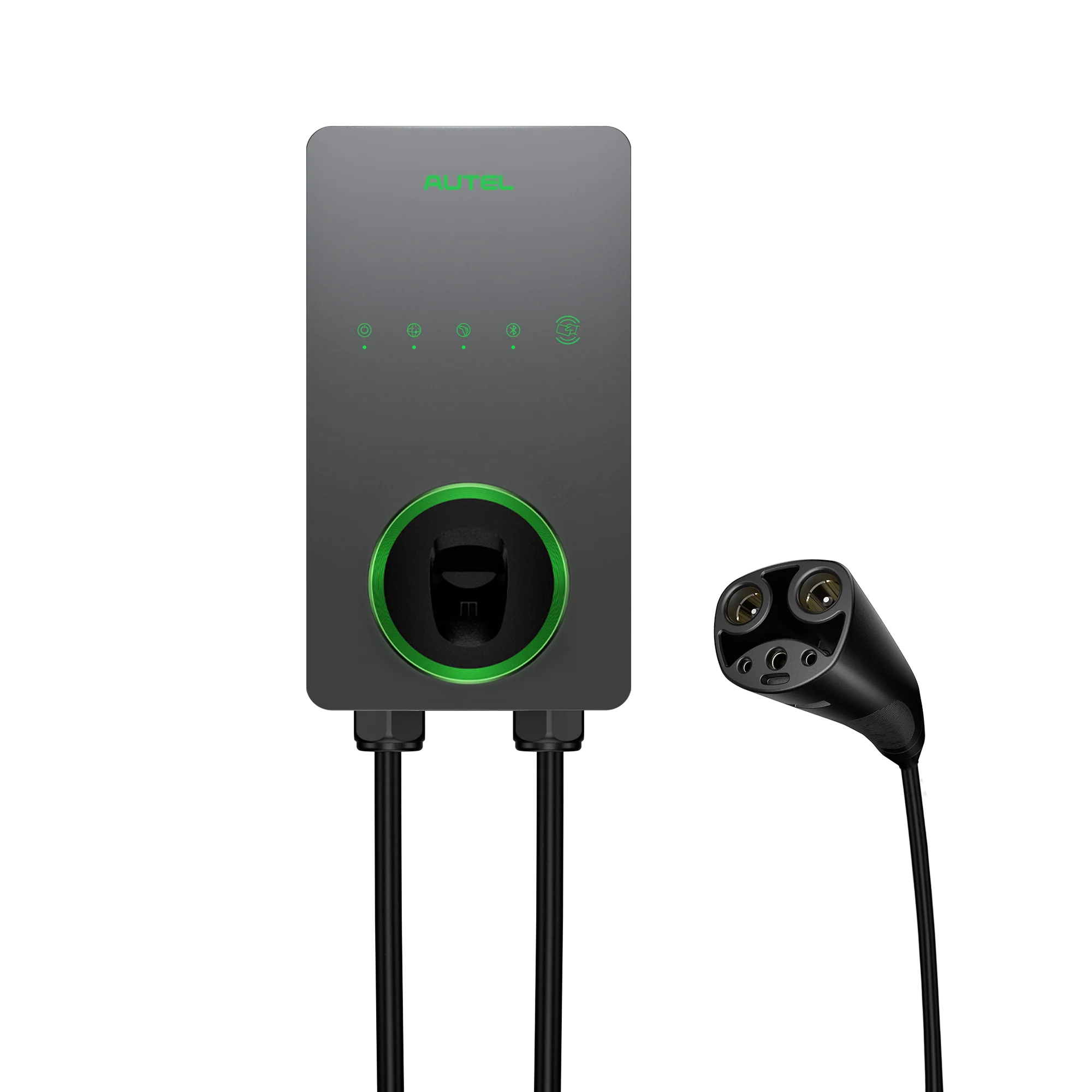
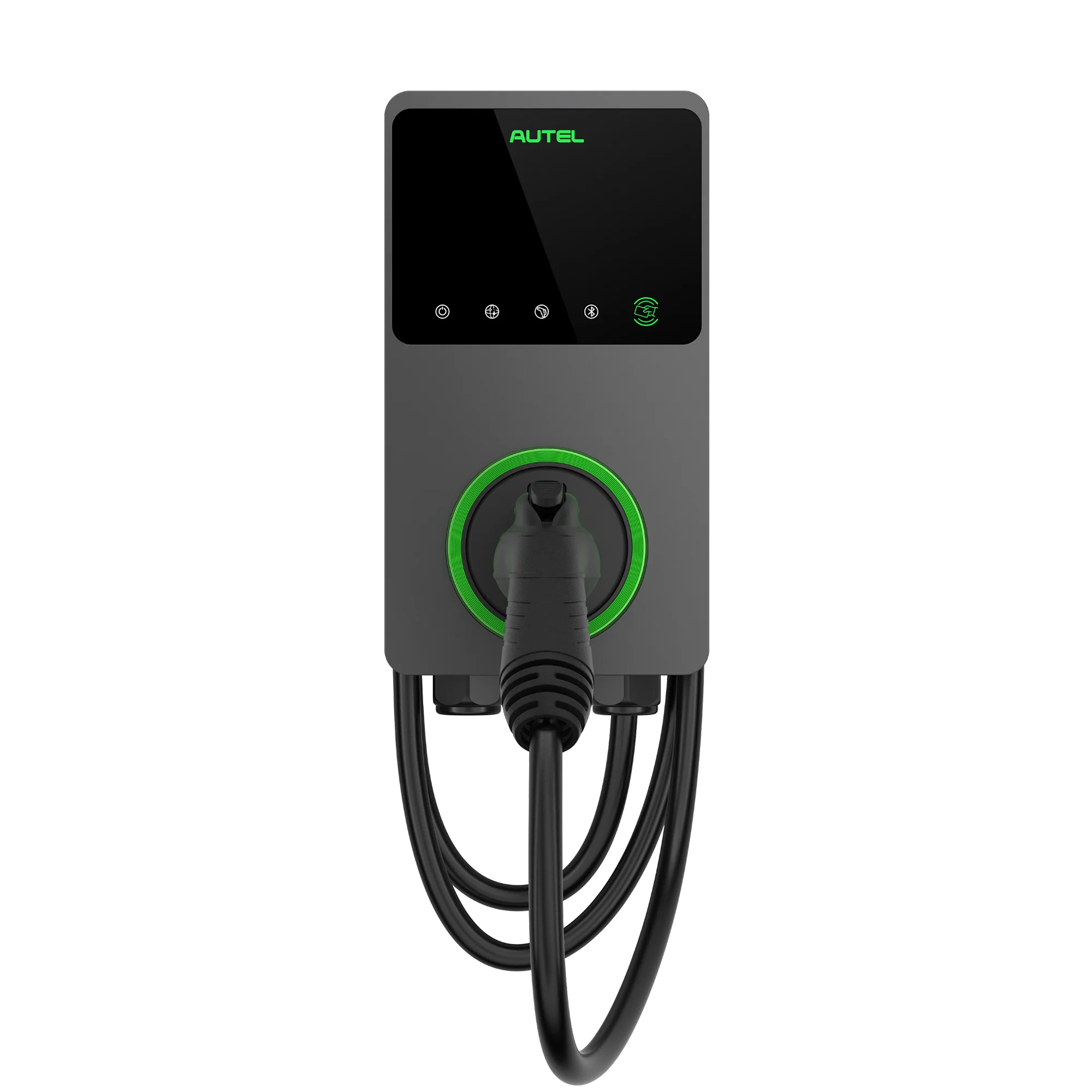
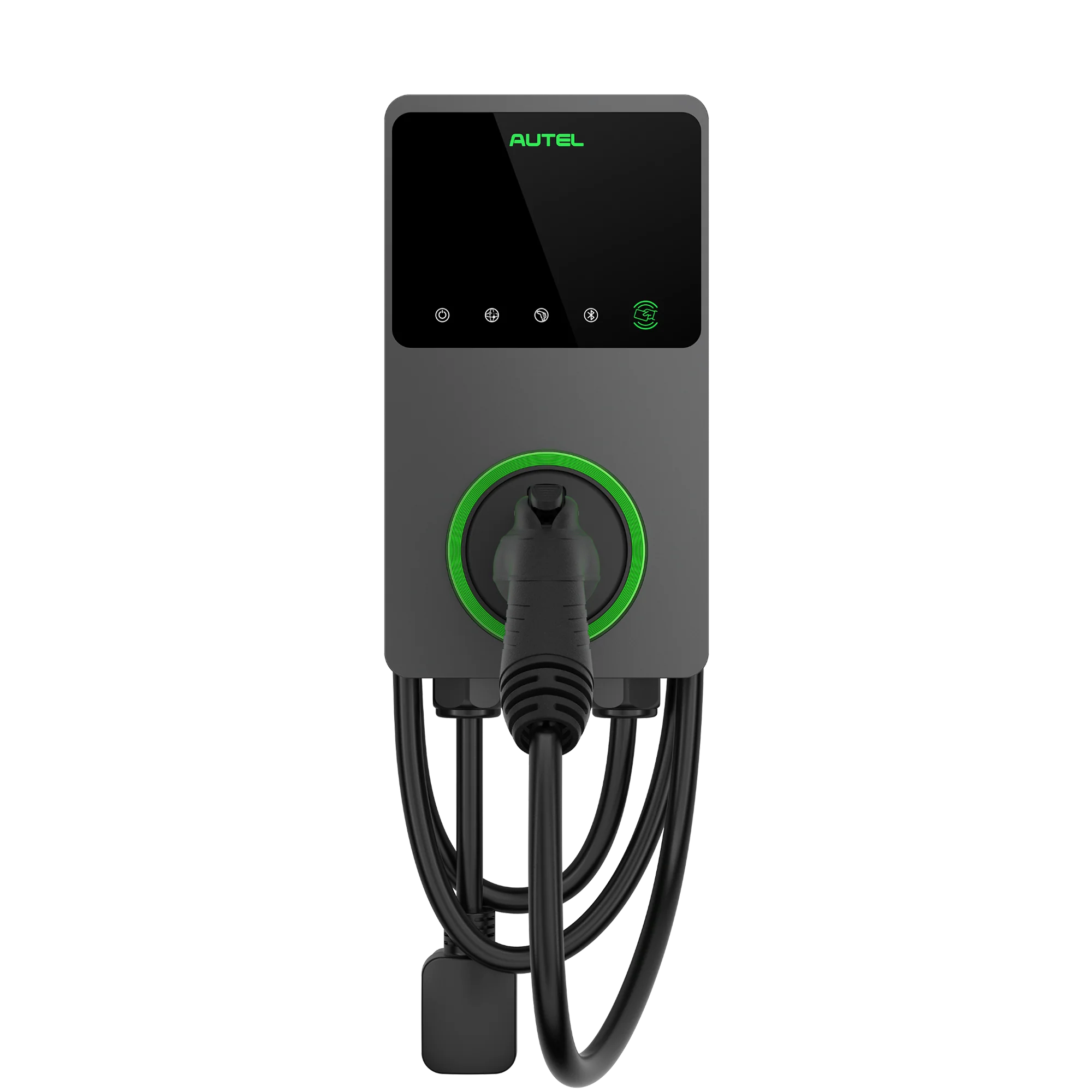


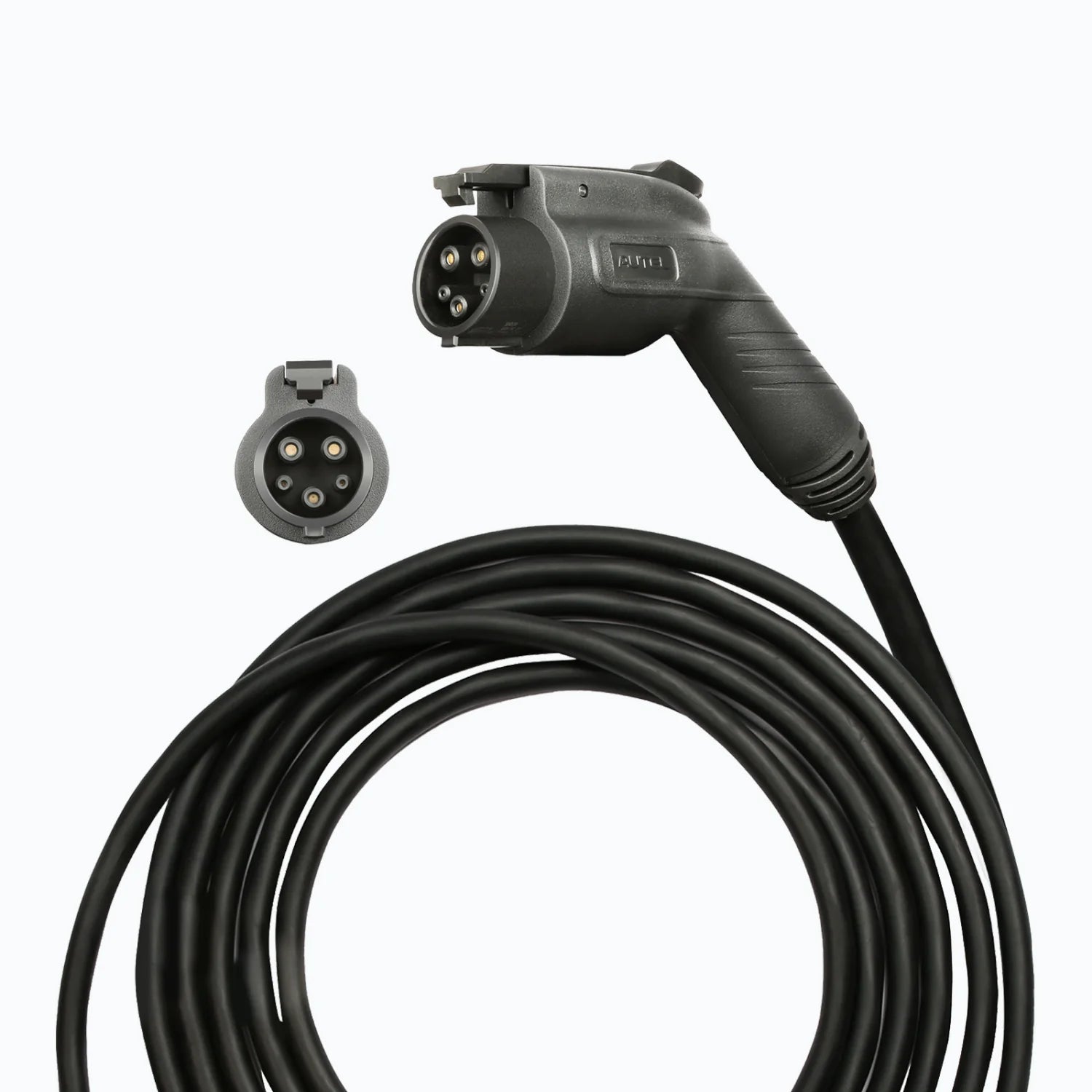



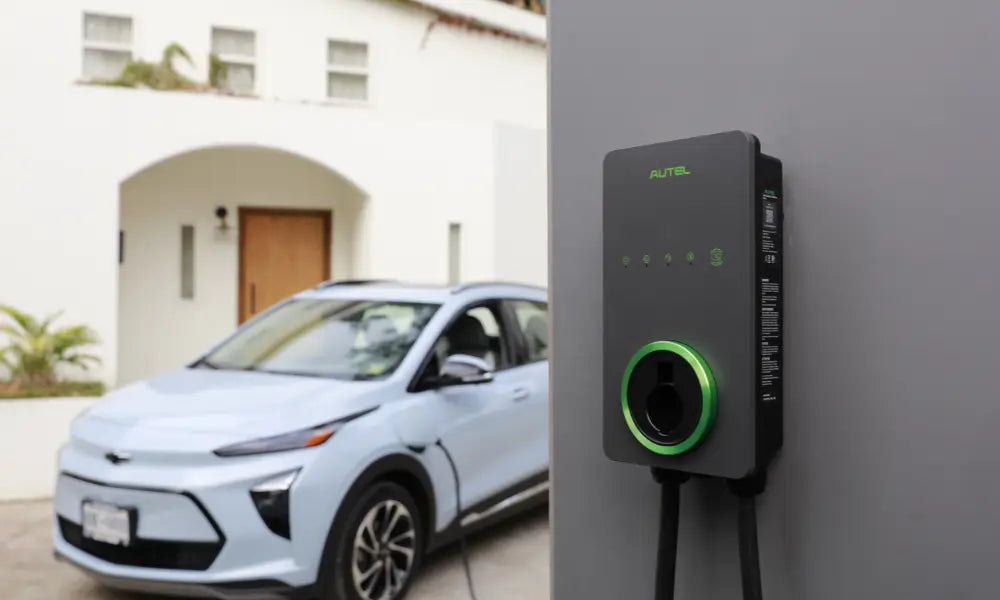
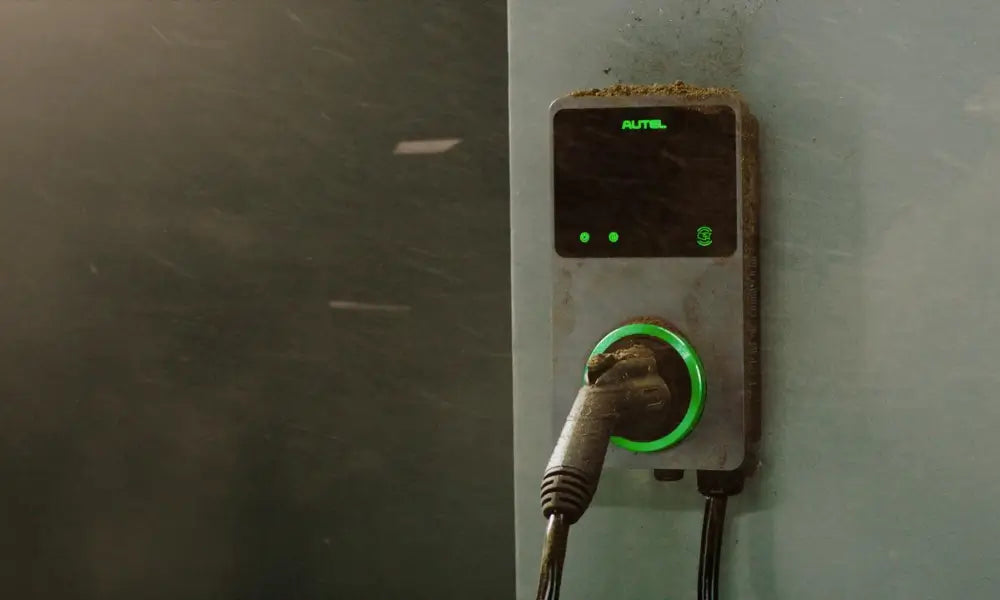

Leave a comment
All comments are moderated before being published.
This site is protected by hCaptcha and the hCaptcha Privacy Policy and Terms of Service apply.